Image: Is Zhang Youxia the “bow-bearing man” predicted in the Tui Bei Tu to launch a coup? (Graphic by People News)
[People News] In April 2025, overseas reports about the removal of Central Military Commission (CMC) Vice Chairman He Weidong spread rapidly. Although China’s Ministry of National Defence has yet to respond directly, He has been noticeably absent from several major public events since March 11, including early April’s tree-planting ceremony and the Central Neighbourhood Work Conference. These unusual absences have sparked intense speculation about his fate. As a key military confidant personally promoted by Xi Jinping, He’s possible downfall not only reveals fierce internal struggles over military power but also exposes the fragility of Xi’s power structure.
Background: He Weidong’s Meteoric Rise and the Wave of Military Purges
Born in 1957, He Weidong once served as commander of the Eastern Theatre Command. He is considered a member of the "Fujian faction" — military officials Xi got to know during his time working in Fujian. At the 20th Party Congress in 2022, He made a rare “triple jump” in rank, ascending from a Central Committee member to Politburo member and Vice Chairman of the CMC — an unusual break from precedent. Analysts viewed this as Xi’s effort to install loyalists in the military to counterbalance the more senior CMC Vice Chairman Zhang Youxia. However, since 2023, there have been frequent purges within the Chinese military. Top leadership in the Rocket Force, the Equipment Development Department, and others have fallen. Even another of Xi’s trusted allies — Political Work Department head Miao Hua — was placed under investigation in November 2024. He Weidong’s absence and rumoured dismissal now mark the latest chapter in this ongoing purge.
Impact on Xi Jinping and the CCP: Cracks in the Power Structure
If He Weidong has indeed been removed, the ramifications for Xi are profound. Military control is the cornerstone of Xi’s regime. As one of Xi’s key proxies in the armed forces, He’s fall would suggest Xi's grip over the military is loosening. Since taking power in 2012, Xi has used anti-corruption campaigns to remove scores of military officers and build a force loyal only to him. However, recent turmoil reveals that this purge strategy hasn’t eliminated corruption and instead sparked backlash from entrenched factions. If He falls, Xi’s authority in the military could erode further, potentially causing more allies to drift away.
At the party level, this also highlights an escalation of internal power struggles. Divisions at the top of the CMC could weaken the military’s cohesion and hamper CCP decision-making, both domestically and internationally. For example, amid the ongoing Russia–Ukraine war, China’s military readiness has already been questioned, especially after scandals such as “missile fuel being replaced with water.” He’s removal may further demoralise the military and reduce China’s deterrence capacity in hotspots like the Taiwan Strait and South China Sea.
Who Took Down He Weidong? Power Struggles Behind the Scenes
Though the official reason for He’s likely removal may be corruption, it more likely stems from internal power contests. Based on current evidence, CMC Vice Chairman Zhang Youxia appears to be the most probable orchestrator. Zhang, a military veteran with deep ties to the Xi family (their fathers both served in the Northwest Field Army), has shown subtle signs of distancing from Xi. At the 2025 “Two Sessions,” Zhang was seen turning his back toward Xi as he exited, casting only a cold glance over his shoulder — a move interpreted as a challenge to Xi’s authority. Furthermore, Zhang’s longtime associate Fu Wenhua was recently appointed deputy commander of the People’s Armed Police and is believed to now control that force, reflecting Zhang’s growing influence.
Other CMC members, such as Liu Zhenli and Zhang Shengmin, may also be part of the anti-Xi bloc, and were reportedly supportive when Miao Hua was purged. If true, their alignment suggests a coordinated push to dismantle Xi’s military loyalist network and reassert internal checks on his power.
Xi Jinping’s Rivals: Military Elders and the Anti-Xi Alliance
Xi’s political adversaries aren’t limited to Zhang Youxia alone. Rather, a broader, loosely aligned group of military elders and anti-Xi factions appear to be emerging. While Zhang is the top-ranking Vice Chairman of the CMC and has outwardly displayed loyalty to Xi, his increasingly high-profile appearances and subtle defiance suggest he may be carving out his own base. Independent commentator Cai Shenkun revealed that in early 2025, rumours surfaced suggesting power had shifted back to the “Three Elders” — senior figures born in 1942 — and that Zhang Youxia now effectively controls the military. Though unconfirmed, this aligns with Zhang’s recent public conduct.
Beyond Zhang, remnants of the Rocket Force and Equipment Department, previously purged, and generals discontent with Xi’s autocratic leadership — evidenced by repeated PLA Daily articles criticising “supreme authority” — may also be converging into a nascent opposition bloc. Xi’s emphasis on loyalty over competence has eroded traditional collective leadership within the military, sowing discord and giving critics an opening.
The Deeper Crisis in Military Power Struggles
The rumours surrounding He Weidong’s removal shed light on the deeper crisis of military governance under the CCP. Xi’s strategy of purging and promoting loyalists to consolidate control has paradoxically intensified factionalism, creating deeper fractures within the power structure. Xi’s adversaries now likely comprise not just Zhang Youxia, but a broader coalition of military and political discontents.
On a more fundamental level, the military power struggle may signal a worsening systemic crisis within the CCP. The PLA is the bedrock of the regime — any instability there can trigger cascading effects across the economy, diplomacy, and society at large. Unless Xi can quickly regain military loyalty, his political foundations may come under even greater threat. Zhang Youxia’s “rise,” meanwhile, may just be the tip of the iceberg — a sign that a deeper reshuffling of power is already underway.
(First published by People News)



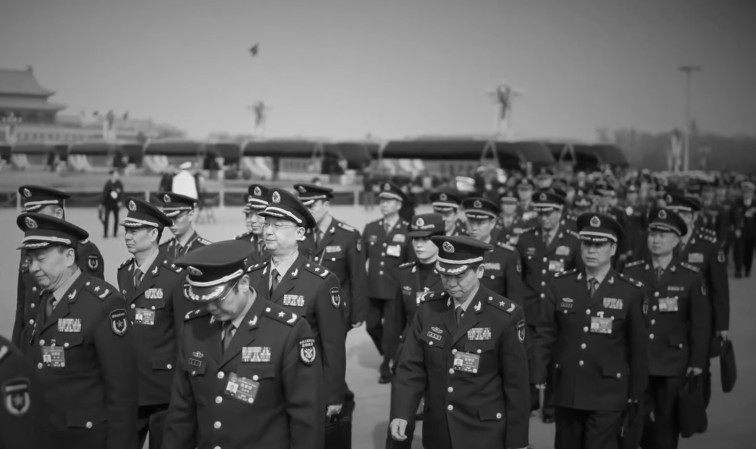

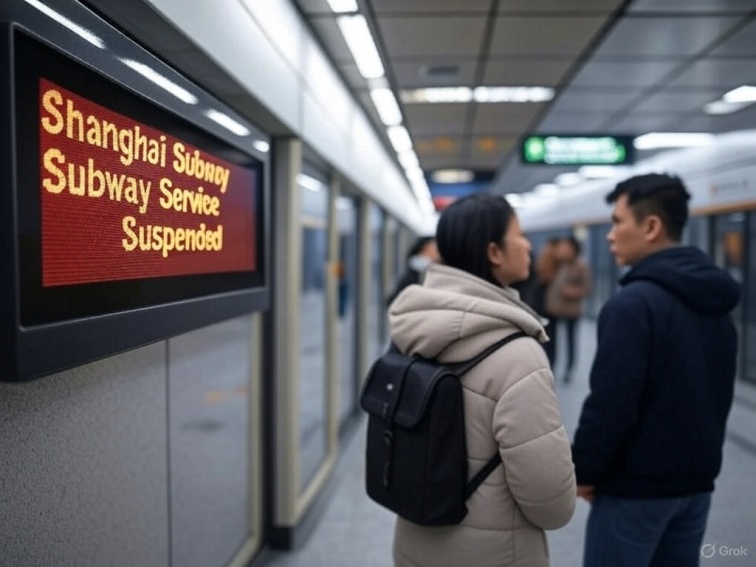
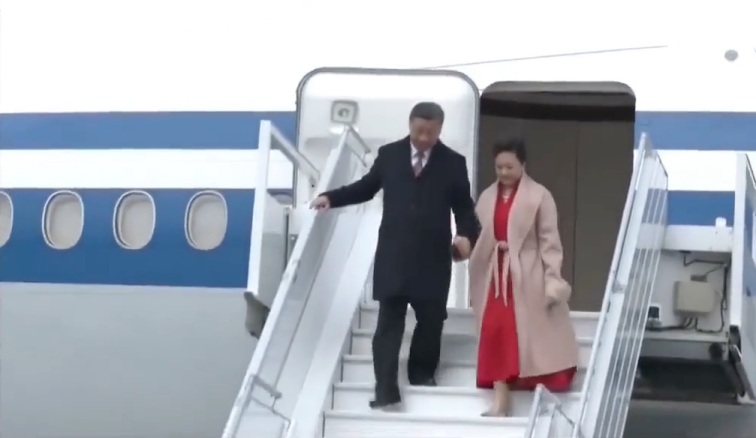
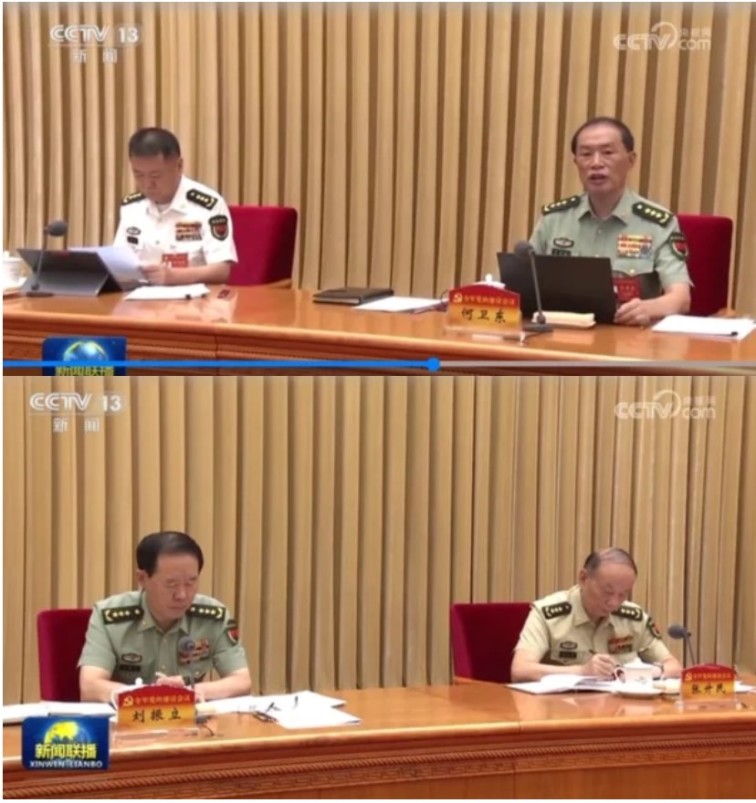
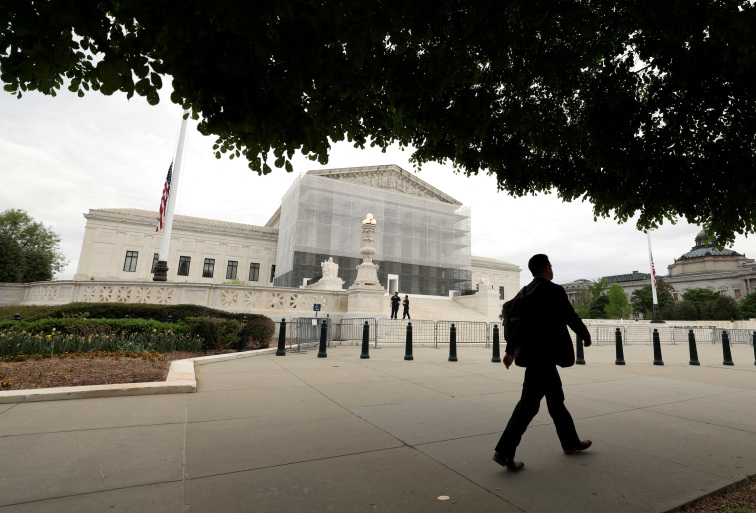
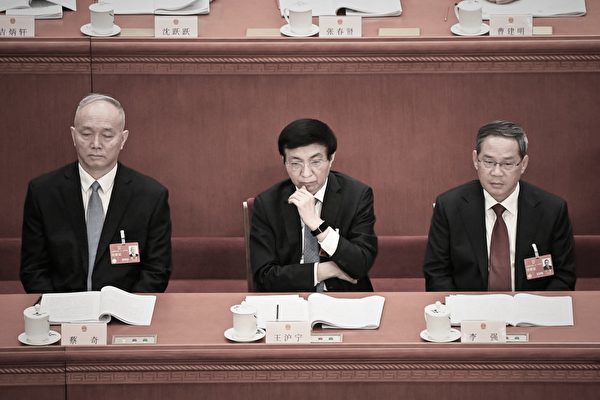

News magazine bootstrap themes!
I like this themes, fast loading and look profesional
Thank you Carlos!
You're welcome!
Please support me with give positive rating!
Yes Sure!